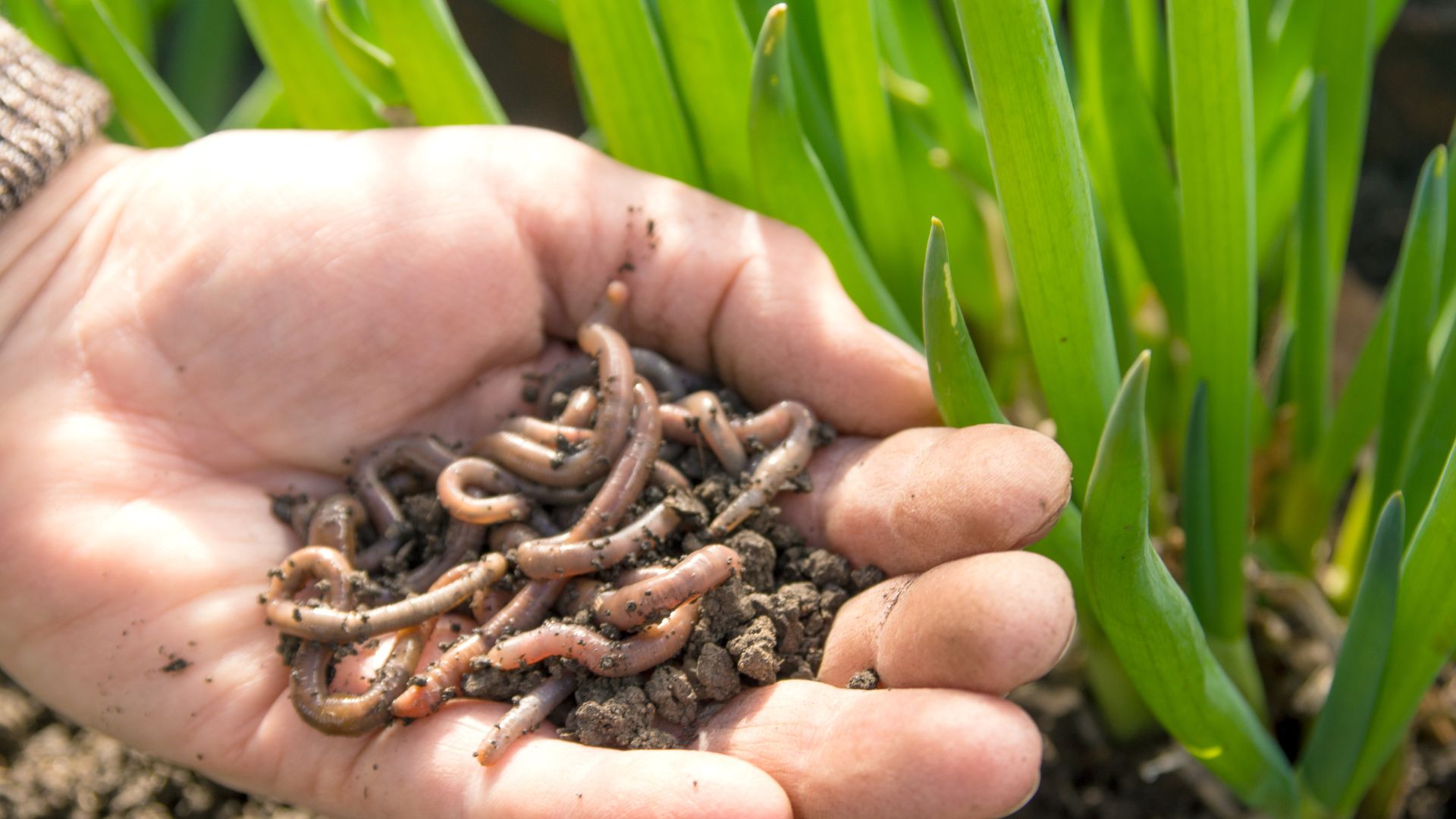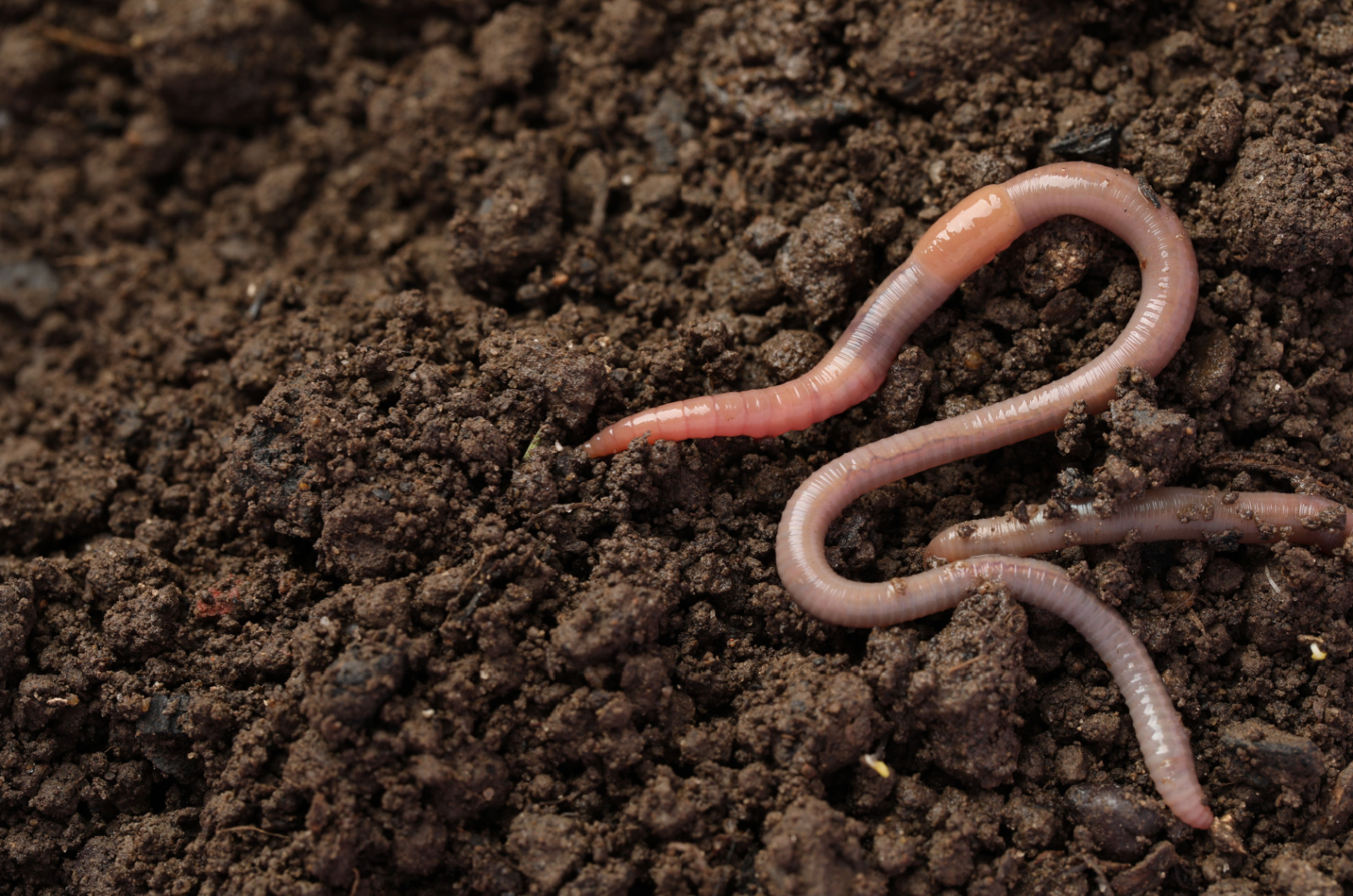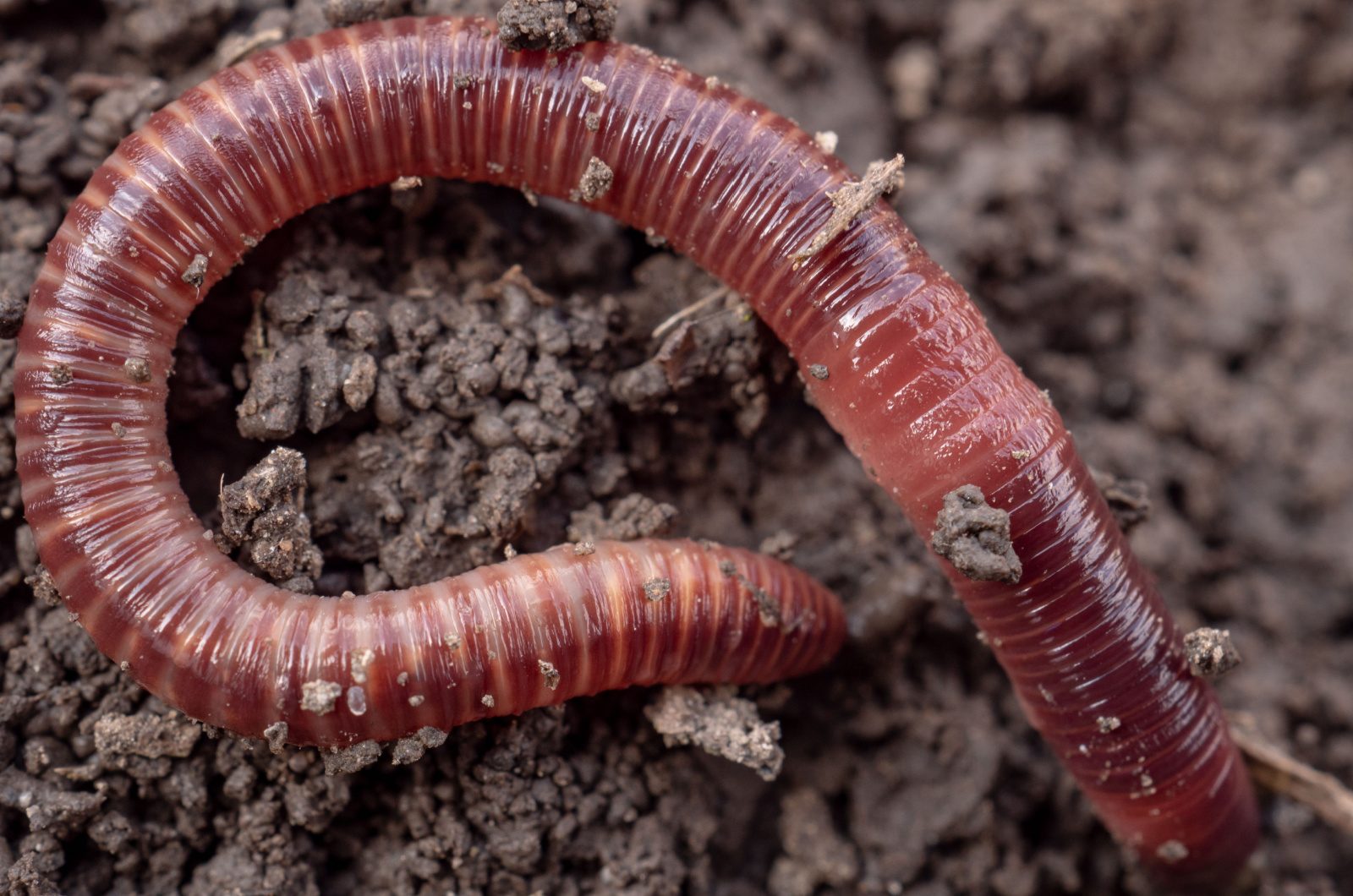I’m sure no one is delighted to see earthworms in their garden. Some dislike their appearance while others are worried that these critters will do some damage to their plants.
Well, you should actually be happy to find these creatures in your soil. In this article, I’ll answer the question, “Why are earthworms so good for our soil?” and tell you what you can do to reap all their benefits.
Let’s get started!
More About Worms
You may have heard the word “worm” thousands of times, but do you really know its definition?
The term encompasses various worm species, such as roundworms aka nematodes, tapeworms aka cestoda, and earthworms aka annelids. (1)
Since there are so many different species of these invertebrates, it’s not surprising that there are some bad worms in garden soil.
However, when it comes to earthworms, the situation is completely different. Let’s see what makes them so special!
The Benefits Of Earthworms For Our Soil
Every organism on the planet has its role and earthworms aren’t an exception. Their first benefit is breaking organic matter into smaller sections. This enables the bacteria and fungi to release the nutrients back into our soil. (2)
Food sources for these invertebrates include plant debris, such as leaves, roots, and grasses.
Their bodies are full of nitrogen after they finish feeding and your soil will be enhanced with this nutrient once the earthworms decompose.
Additionally, these creatures can increase phosphorus content in the soil because their casts contain way more of this nutrient than the surface soil.
Unlike jumping worms, earthworms burrow deep tunnels below the soil line, making the soil more porous and well-draining.
If you want to improve soil structure, improve its drainage, and increase nutrient content, the easiest way to do it is to invite worms to your garden. And I’ll show you how to do it in the following paragraphs.
Do We Have Enough Earthworms In The Fields?
Unfortunately, the number of these beneficial creatures decreases year after year. (4) I’m sure you won’t be surprised to hear that modern agricultural practices led to such a decline in the earthworm population.
This mainly includes plowing and increased pesticide use. For instance, heavy machinery destroys earthworm tunnels in the upper soil layer, leaving them exposed to predators.
The decline in the earthworm population may result in various issues in food production.
What Can We Do?
Every gardener can contribute to the increase of population of these invertebrates.
Some worm-friendly farming methods that can attract these creatures and protect them from predators include reduced plowing and minimum use of pesticides.
If pesticides are your only option, make sure to consult with professionals about the type of pesticide to use and its recommended dosage.
By ensuring favorable conditions, your soil will be a perfect environment for earthworms and your crops will grow happier and healthier!
References
1. Worms. (n.d.). Encyclopedia of Life.
2. Why earthworms are so important to soil – SD Wheat. (n.d.).
3. How earthworms can help your soil. (n.d.).
4. Maggi, F., & Tang, F. H. (2021). Estimated decline



